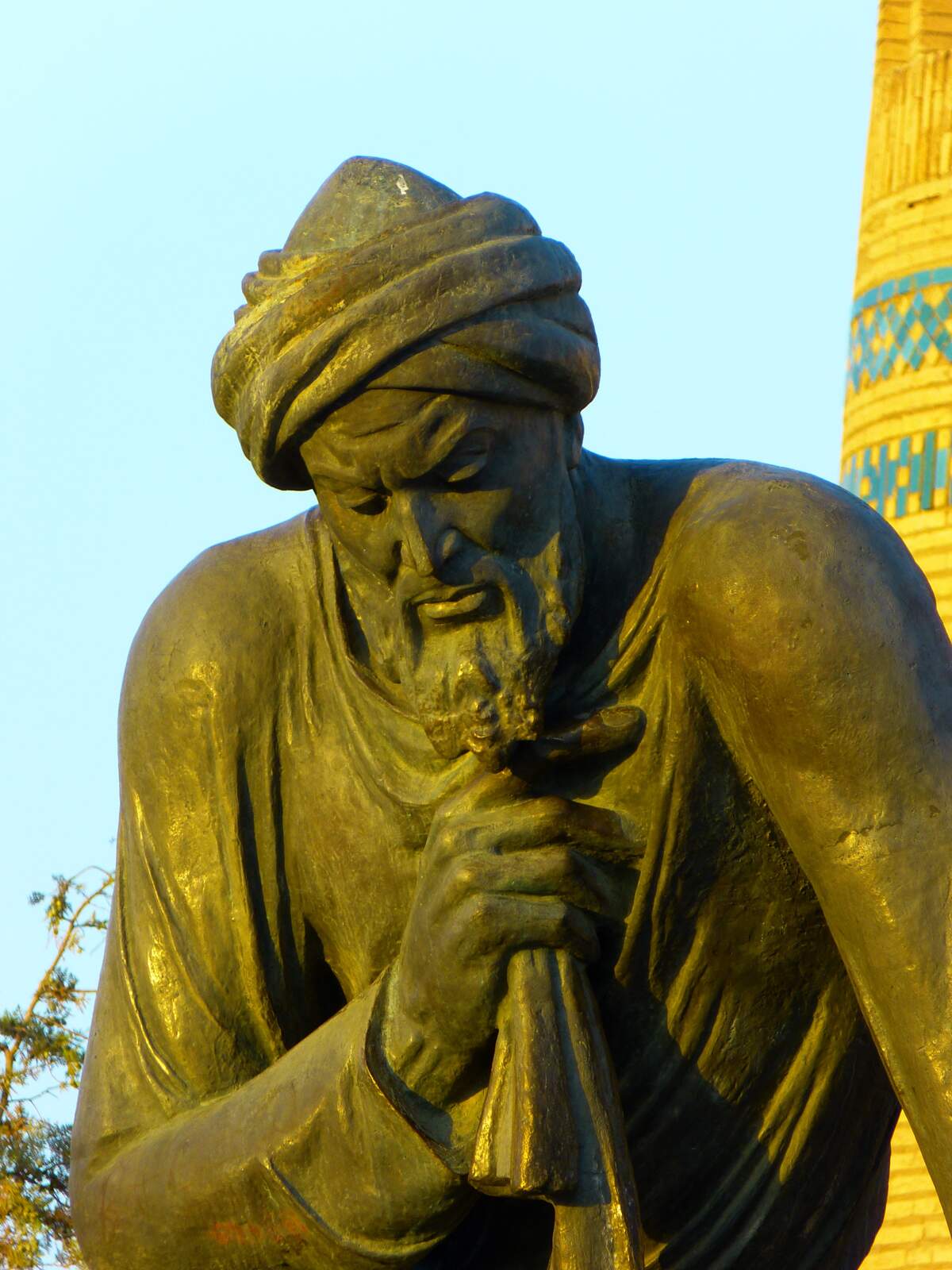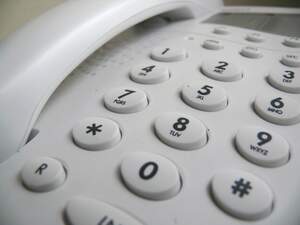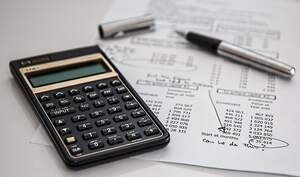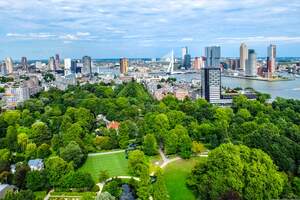

Birth of the Báb
Observed
annually on October 20th (until 2014)
the first day after the eighth new moon following Naw-Rúz (since 2015)
Dates
Tags
Famous People & Celebrities
Religion & Spirituality
Hashtags
Sources
As the name implies, Birth of the Báb celebrates the birth of the Báb, a prophet and forerunner of the Bahá'í faith. It is a Bahá'í holy day, and one of three dedicated to the Báb, along with Declaration of the Báb and Martyrdom of the Báb.
Siyyid Ali Muhammad was born in Shiraz, Persia (now Iran), on October 20, 1819, and became known as the Báb, which means "gate" in Arabic. He is believed to be from the line of the Prophet Muhammed. His father died when he was young, and he was raised by his maternal uncle, Haji Mirza Siyyid. Possessing a great depth of knowledge of the Qur'an and spirituality, he began his ministry in 1844. He traveled to Mecca, eventually was imprisoned in a mountain, and was executed by a firing squad in Tabriz in 1850.
Similar to how John the Baptist came before Jesus, the Báb came before Baha'u'llah—the founder of the Bahá'í faith—and told people to prepare themselves for his coming. The Báb became a martyr for his faith like John did for his. But unlike John the Baptist, the Báb is viewed as the manifestation of God, he was not related to the person he prophesied about, nor did he ever meet him.
How to Observe Birth of the Báb
Everyone, regardless if they are of the Bahá'í faith or not, is allowed to participate in celebrations of the Birth of the Bab. Those who are Bahá'í are not to do any work on the day. The day is filled with prayer and fellowship. Prayers include the "Tablet of Visitation." Other prayers and readings are read, some from the writings of the Bab or from the Bible and the Qur'an. Some communities have a formal dinner or potluck. There are outdoor activities, and sometimes there are cultural or arts events. You could participate in all these events today, and the Shrine of the Bab could also be visited.





















